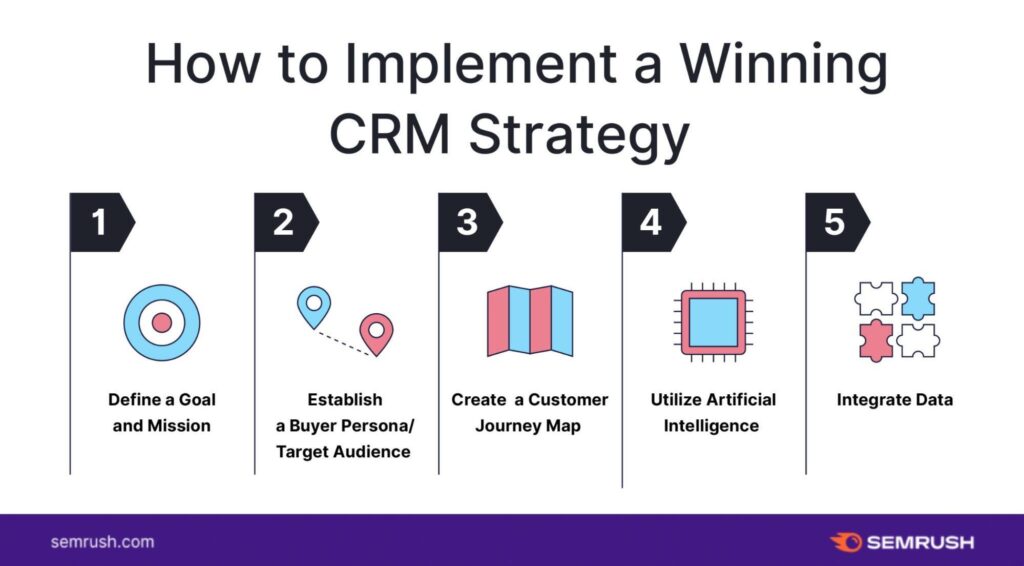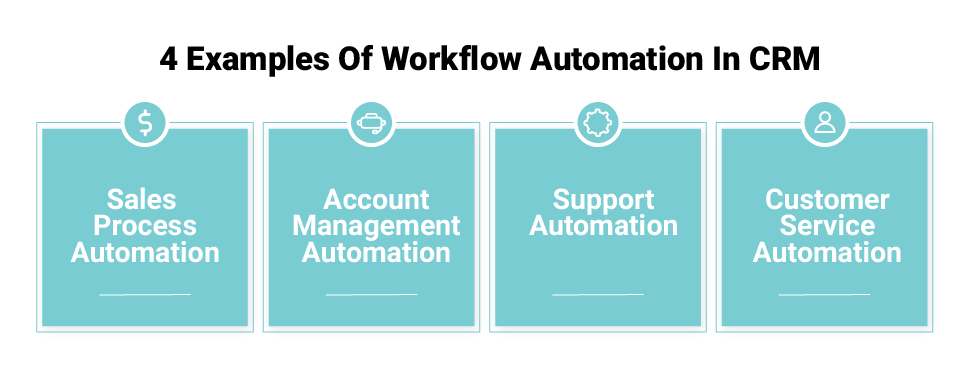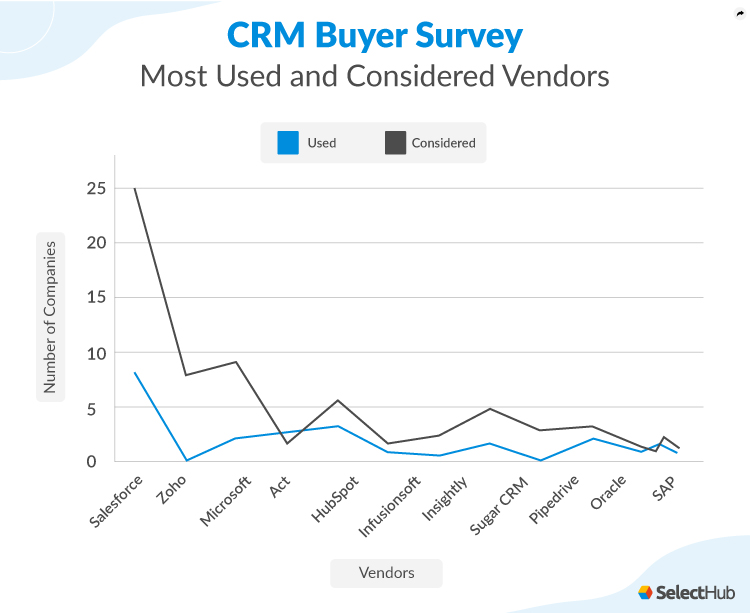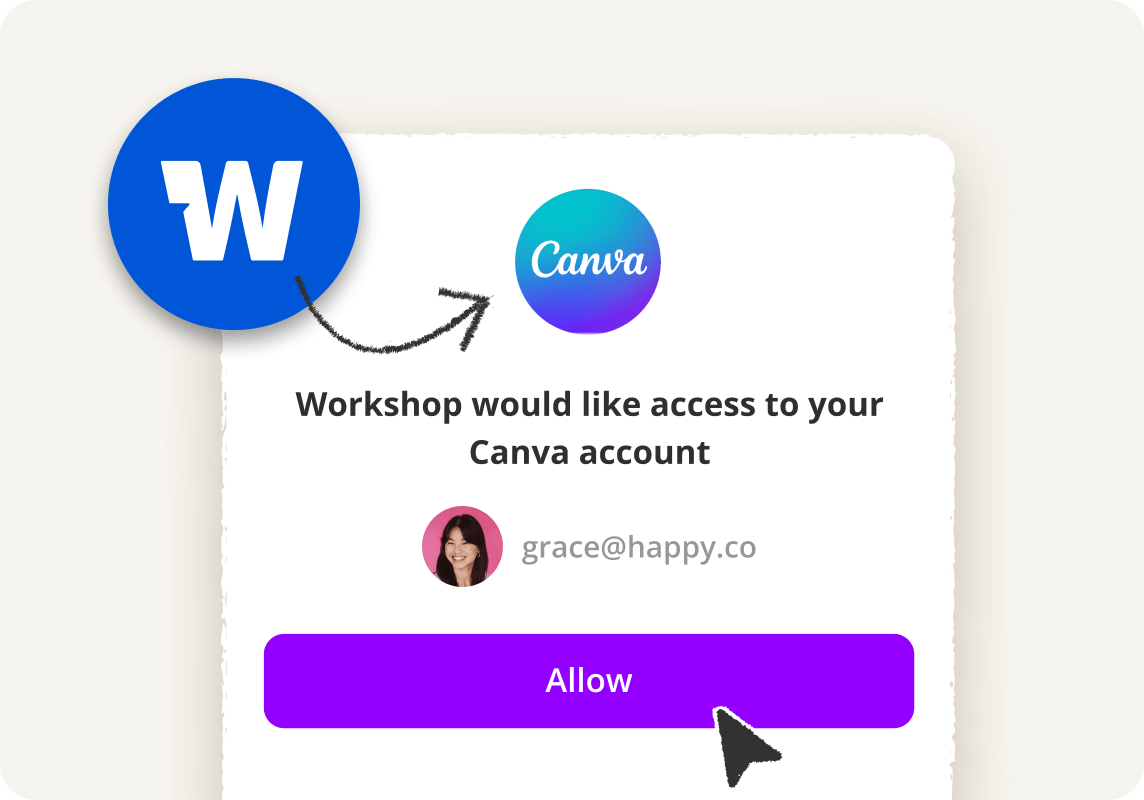Unlock Growth: The Ultimate Guide to CRM Marketing Automation

In today’s hyper-competitive business landscape, simply having a Customer Relationship Management (CRM) system isn’t enough. To truly thrive, businesses need to harness the power of CRM marketing automation. This comprehensive guide will delve deep into the world of CRM marketing automation, exploring its benefits, strategies, and how to implement it effectively to drive growth and enhance customer relationships.
What is CRM Marketing Automation?
At its core, CRM marketing automation is the process of using software to automate marketing tasks and workflows within your CRM system. It involves leveraging your CRM data to personalize and streamline your marketing efforts, ultimately leading to increased efficiency, improved customer engagement, and higher conversion rates. Think of it as putting your marketing on autopilot, allowing you to focus on strategic initiatives while the system handles the repetitive, time-consuming tasks.
Unlike basic CRM software, CRM marketing automation goes beyond simply storing customer data. It allows you to trigger automated actions based on customer behavior, demographics, and interactions with your brand. This can include sending targeted email campaigns, personalizing website content, nurturing leads through the sales funnel, and much more.
Key Components of CRM Marketing Automation
- Customer Data Management: Centralizing and organizing customer information, including contact details, purchase history, and interaction data.
- Segmentation: Grouping customers based on shared characteristics, allowing for targeted marketing campaigns.
- Workflow Automation: Creating automated sequences of actions based on specific triggers, such as sending a welcome email after a new signup.
- Email Marketing: Designing, sending, and tracking email campaigns, including newsletters, promotional offers, and transactional emails.
- Lead Nurturing: Guiding potential customers through the sales funnel with targeted content and personalized interactions.
- Reporting and Analytics: Tracking key performance indicators (KPIs) to measure the effectiveness of your marketing automation efforts and make data-driven decisions.
Benefits of CRM Marketing Automation
Implementing CRM marketing automation offers a multitude of advantages for businesses of all sizes. Here are some of the most significant benefits:
Increased Efficiency
Automation eliminates manual tasks, freeing up your marketing team to focus on more strategic initiatives. This leads to significant time savings and improved productivity. Imagine no longer having to manually send out welcome emails or follow up with leads – the system handles it all.
Improved Customer Engagement
Personalized and timely communication enhances customer engagement. By tailoring your messaging to individual customer preferences and behaviors, you can create a more meaningful and relevant experience. This leads to stronger relationships and increased customer loyalty.
Higher Conversion Rates
Lead nurturing and targeted marketing campaigns are highly effective at converting leads into customers. By providing the right information at the right time, you can guide prospects through the sales funnel and increase your chances of closing deals.
Enhanced Lead Generation
Automation can help you identify and qualify leads more efficiently. By tracking customer interactions and behavior, you can pinpoint the most promising leads and prioritize your sales efforts. This leads to a higher quality of leads and a more efficient sales process.
Reduced Marketing Costs
By automating tasks and optimizing your marketing efforts, you can reduce your overall marketing costs. This includes saving on labor costs, reducing the need for expensive advertising campaigns, and maximizing the return on your marketing investments.
Improved Data Accuracy
Automation helps minimize human error and ensures data accuracy. This is crucial for making informed decisions and providing a seamless customer experience. By automating data entry and updates, you can avoid costly mistakes and ensure that your customer information is always up-to-date.
Strategies for Implementing CRM Marketing Automation
Successfully implementing CRM marketing automation requires a strategic approach. Here are some key strategies to help you get started:
1. Define Your Goals and Objectives
Before you begin, clearly define your goals and objectives for implementing CRM marketing automation. What do you want to achieve? Are you looking to increase lead generation, improve conversion rates, or enhance customer engagement? Having clear goals will help you choose the right automation tools and strategies.
2. Choose the Right CRM and Marketing Automation Platform
Selecting the right CRM and marketing automation platform is crucial for success. Consider your business needs, budget, and technical expertise when making your decision. Some popular platforms include Salesforce, HubSpot, Zoho CRM, and ActiveCampaign. Research different platforms and choose the one that best fits your requirements.
3. Segment Your Audience
Segmenting your audience is essential for creating targeted marketing campaigns. Group your customers based on shared characteristics, such as demographics, purchase history, and website behavior. This will allow you to personalize your messaging and deliver more relevant content.
4. Create Automated Workflows
Automated workflows are the heart of CRM marketing automation. Design workflows to trigger actions based on specific customer behaviors or events. For example, you can create a workflow to send a welcome email to new subscribers or a follow-up email to leads who have downloaded a whitepaper.
5. Personalize Your Messaging
Personalization is key to engaging your audience. Use customer data to personalize your email subject lines, content, and calls to action. This will make your messaging more relevant and increase your chances of capturing their attention.
6. Integrate Your CRM with Other Tools
Integrate your CRM with other marketing tools, such as email marketing platforms, social media management tools, and website analytics platforms. This will allow you to streamline your marketing efforts and gain a more holistic view of your customer interactions.
7. Test and Optimize Your Campaigns
Constantly test and optimize your marketing campaigns to improve their performance. Use A/B testing to experiment with different subject lines, content, and calls to action. Analyze your results and make adjustments to your campaigns based on the data.
8. Train Your Team
Ensure that your team is properly trained on how to use the CRM and marketing automation platform. Provide them with the necessary resources and support to effectively manage and optimize your marketing automation efforts.
9. Monitor Your Results
Regularly monitor your results to track your progress and identify areas for improvement. Analyze key performance indicators (KPIs) such as open rates, click-through rates, conversion rates, and return on investment (ROI). Use this data to refine your strategies and optimize your campaigns.
10. Stay Up-to-Date
The world of marketing automation is constantly evolving. Stay up-to-date on the latest trends and best practices by reading industry blogs, attending webinars, and participating in online communities. This will help you stay ahead of the curve and maximize the effectiveness of your marketing automation efforts.
Choosing the Right CRM and Marketing Automation Platform
Selecting the right platform is a critical decision. Here’s what to consider:
- Features: Does it offer the automation features you need (e.g., email marketing, lead nurturing, social media integration)?
- Scalability: Can the platform grow with your business?
- Integration: Does it integrate with your existing tools (e.g., website, e-commerce platform)?
- Ease of Use: Is it user-friendly and easy to learn?
- Pricing: Does the pricing fit your budget?
- Support: Does the vendor offer adequate support and training?
Some popular platforms:
- HubSpot: Known for its comprehensive features, ease of use, and strong integrations.
- Salesforce: A powerful platform suitable for larger businesses with complex needs.
- Zoho CRM: A cost-effective option with a wide range of features.
- ActiveCampaign: Excellent for email marketing automation and lead nurturing.
CRM Marketing Automation Examples
Let’s look at some real-world examples of how businesses are using CRM marketing automation:
Lead Nurturing
A company offers a free ebook on a specific topic. When a lead downloads the ebook, they are automatically added to a lead nurturing workflow. This workflow sends a series of emails over several weeks, providing valuable content, offering related products or services, and ultimately guiding the lead towards a purchase.
Welcome Series
A new subscriber signs up for a newsletter. Immediately, the subscriber receives a welcome email introducing the brand and its offerings. Over the next few days, they receive additional emails highlighting key products, providing helpful tips, and encouraging engagement.
Abandoned Cart Recovery
An e-commerce store notices that a customer has added items to their cart but abandoned the purchase. An automated email is sent shortly after, reminding the customer of the items in their cart and offering a discount or free shipping to encourage them to complete the purchase.
Customer Segmentation and Targeted Campaigns
A retail store segments its customers based on their purchase history. Customers who have purchased a particular product are automatically added to a segment and receive targeted emails promoting related products or special offers.
Customer Service Automation
A customer submits a support ticket. An automated system acknowledges the ticket and provides an estimated response time. Based on the nature of the issue, the system may also provide links to helpful articles or FAQs, potentially resolving the issue without requiring human intervention.
Key Features to Look for in a CRM Marketing Automation Platform
When evaluating platforms, consider these key features:
- Email Marketing Automation: Automated email campaigns, segmentation, and personalization.
- Lead Nurturing: Automated workflows to guide leads through the sales funnel.
- Website Tracking: Track customer behavior on your website.
- Segmentation: Ability to segment your audience based on various criteria.
- Reporting and Analytics: Detailed reporting on campaign performance.
- Integration: Seamless integration with other tools, such as social media and e-commerce platforms.
- Personalization: Ability to personalize content and offers based on customer data.
- A/B Testing: Tools to test different versions of your campaigns to optimize performance.
- Workflow Builder: A user-friendly interface for creating automated workflows.
- Mobile Responsiveness: Ensure the platform is accessible and functional on mobile devices.
Integrating CRM Marketing Automation with Your Sales Process
CRM marketing automation isn’t just about marketing; it’s about aligning your marketing and sales efforts for maximum impact. Here’s how to integrate it with your sales process:
Lead Scoring
Assign scores to leads based on their behavior and engagement. This helps your sales team prioritize the most promising leads.
Lead Routing
Automatically route qualified leads to the appropriate sales representatives based on factors like geography, industry, or product interest.
Salesforce Automation
Automate sales tasks, such as sending follow-up emails, scheduling meetings, and updating contact information.
Closed-Loop Reporting
Track leads from marketing to sales and beyond. This allows you to measure the ROI of your marketing efforts and optimize your sales process.
Overcoming Challenges in CRM Marketing Automation
While CRM marketing automation offers significant benefits, there can be challenges. Here’s how to overcome them:
- Data Quality: Ensure your CRM data is accurate and up-to-date.
- Complexity: Start small and gradually expand your automation efforts.
- Lack of Integration: Choose a platform that integrates well with your existing tools.
- Team Buy-In: Get your team on board and provide adequate training.
- Measurement: Track your results and make adjustments as needed.
The Future of CRM Marketing Automation
The future of CRM marketing automation is bright, with exciting trends emerging:
- Artificial Intelligence (AI): AI-powered tools will further personalize and optimize marketing efforts.
- Hyper-Personalization: Delivering highly personalized experiences based on individual customer preferences.
- Omnichannel Marketing: Seamlessly integrating marketing efforts across multiple channels.
- Predictive Analytics: Using data to predict customer behavior and proactively meet their needs.
- Chatbots and Conversational Marketing: Using chatbots to engage customers in real-time.
Conclusion
CRM marketing automation is a powerful tool that can transform your marketing efforts and drive business growth. By implementing the strategies outlined in this guide, you can streamline your workflows, enhance customer engagement, and achieve higher conversion rates. Embrace the power of automation and unlock the full potential of your CRM system. Start by defining your goals, choosing the right platform, and segmenting your audience. Then, create automated workflows, personalize your messaging, and constantly test and optimize your campaigns. With dedication and a strategic approach, you can harness the power of CRM marketing automation and achieve remarkable results.
As the business world becomes increasingly digital, the ability to automate and personalize your marketing efforts will become even more critical. By embracing CRM marketing automation, you’ll be well-positioned to thrive in the years to come. Don’t just manage your customer relationships – nurture them, cultivate them, and watch your business flourish.




